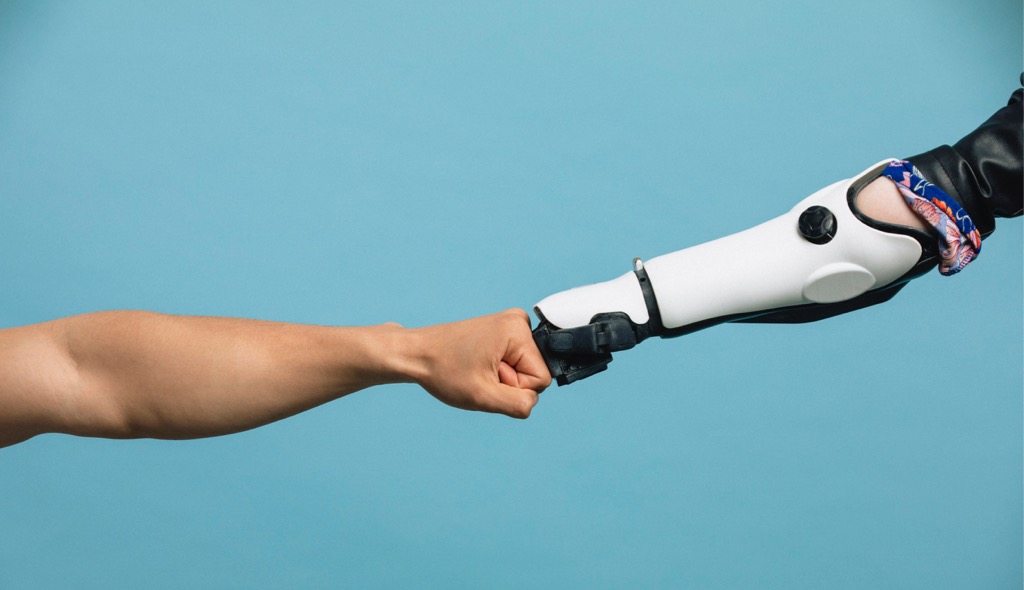
Over at Construction Executive, Augury CEO and Co-Founder Saar Yoskovitz explains how AI can save manufacturing in general, and the building supply industry in particular – but only if we make humans part of the equation.
Embracing AI As Partner In Workforce Development
“The manufacturing industry stands on the brink of a technological revolution, but achieving that revolution will require a full embrace of artificial intelligence. AI advancements offer unparalleled opportunities to tackle critical industry challenges, such as labor shortages and the need to upskill the workforce in construction manufacturing,” according to Saar Yoskovitz in his article ‘How To Effectively Harness AI Without Letting It Take Over’ published in Construction Executive (“the magazine for the business of construction”).
“With only 35% of construction materials manufacturers planning to utilize AI when upskilling their workforce, it is essential that organizations better understand how they can effectively harness AI’s power.” Because without AI, the industry will be unable to face down its many challenges.
Read ‘9 Reasons Why All Manufacturers Should Watch The Building Products Industry‘.
If integrated properly with the construction workforce, AI will be able to create four key advantages for success:
1) AI-Human Partnerships: Attracting and Upskilling New Talent
“As companies integrate AI technologies into their operations, they become magnets for tech-savvy individuals seeking dynamic, cutting-edge work environments. Plus, manufacturers can create a more appealing career path for young professionals by showcasing the potential for growth and development through personalized AI-powered tools.”
2) Unleashing Human Potential: Automating to Enhance Productivity
“One of the most significant advantages of AI lies in its ability to automate mundane and repetitive tasks – its role as complement to the human workforce, not a replacement for it. For instance, streamlining administrative processes and duties frees up valuable time and resources that can be redirected towards more strategic and innovative roles.”
3) AI Empowerment: Upskilling the Manufacturing Workforce
“AI, particularly conversational and generative AI, could be a game-changer in the manufacturing sector. Having a tool at the disposal of construction workers or plant managers that can quickly answer complex engineering queries empowers junior manufacturing and construction engineers with a universe of existing knowledge. By leveraging AI as a learning tool, manufacturers can encourage continuous education and upskilling, enabling their workforce to stay updated with the latest advancements and innovations in the field.”
4) Embracing The Future: Forging Ahead in Manufacturing
“As the manufacturing industry enters the era of the AI revolution, construction manufacturers have a unique opportunity to embrace technological advancements and bridge the skills gap. By harnessing the power of AI, companies can empower their existing employees with access to a wealth of knowledge, foster AI/human partnerships to attract and upskill new talent and automate repetitive tasks to unlock human potential.”
As Saar concludes, “Embracing the AI revolution is not just a choice; it is imperative for the construction-manufacturing industry to thrive in the dynamic and technology-driven landscape of the 21st century.”
Let’s get to work.
Read the full article ‘How to Effectively Harness AI Without Letting It Take Over’.






